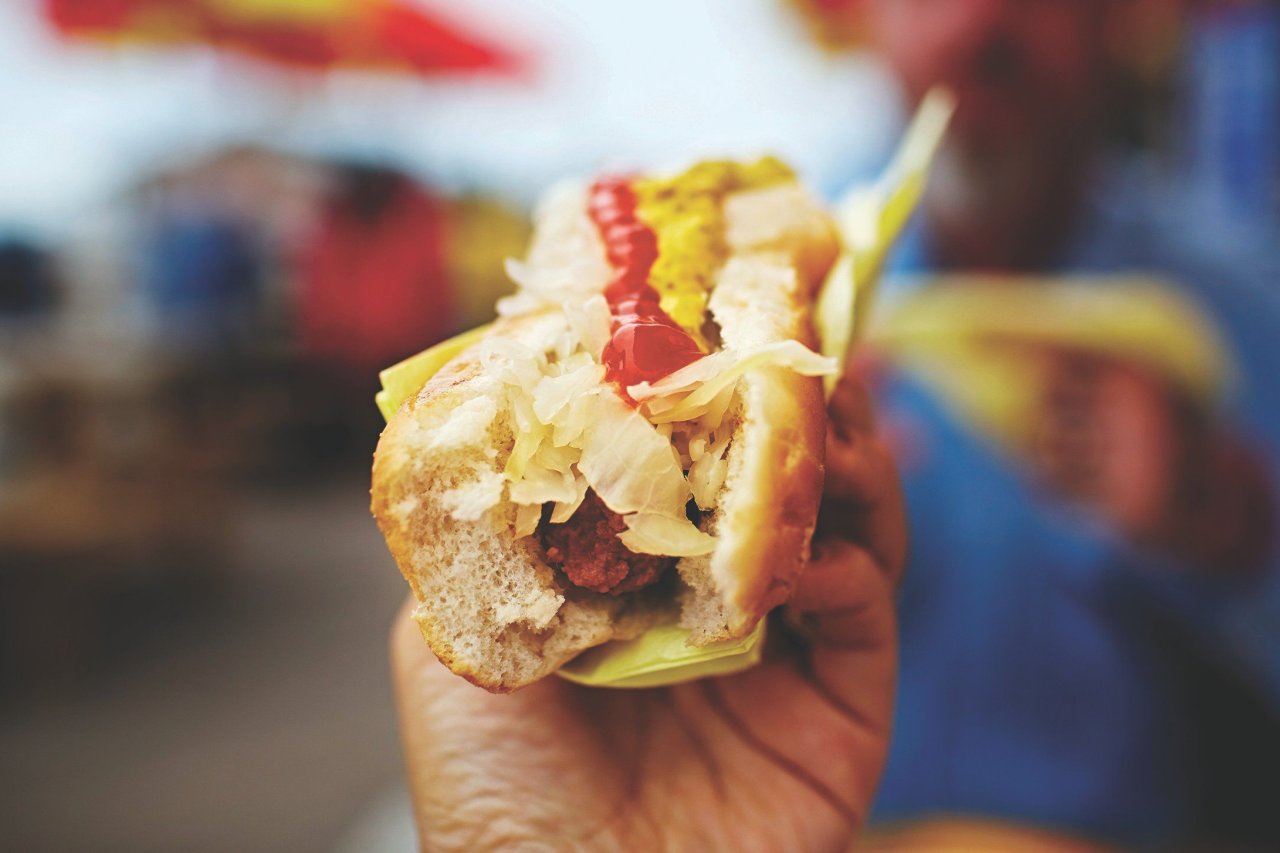Some foods are just too delicious to resist. We all know that. But Paul J. Kenny of the Scripps Research Institute argues in the current issue of Scientific American that for some people, the irresistible attraction of sugary, fattening foods is very much like drug addiction. Normally, the body has ways of telling the brain when we're hungry, rewarding us with a sense of satisfaction when we've eaten enough, and signaling us again when we've eaten too much. But as Kenny points out, several studies show that "overeating juices up the reward systems in our brain—so much so in some people that it overpowers the brain's ability to tell them to stop eating when they have had enough." Over time they need more and more food stimulation to get that initial sense of satisfaction. The neural mechanisms may not be exactly the same for drug addicts, but they are close enough, Kenny suggests, to warrant testing anti-addiction drugs as a treatment for obesity. One of the most promising, he says, neutralizes a protein in the brain called the "cannabinoid receptor 1," which is where "the munchies" come from for pot smokers. Now that's some food for thought.
The Surprising Similarities Between Drug Use and Overeating
























